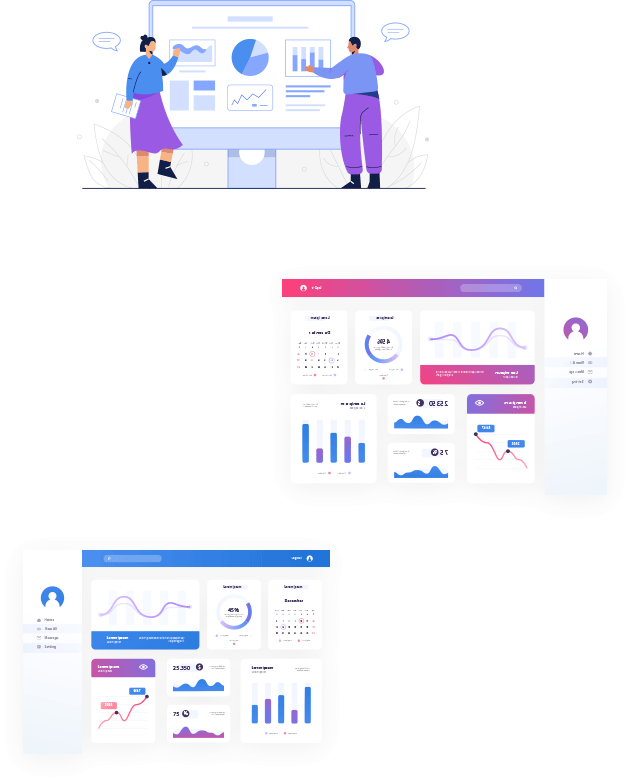Hospital Software
Medi360 is designed on a web-based platform and mobile technology for small and large hospitals with different departments with either/both outpatient and inpatient. Hospital software, is a comprehensive, integrated solution designed to manage various administrative, financial, and clinical aspects of a hospital or healthcare facility. It typically includes modules for patient registration, billing, scheduling, inventory management, pharmacy management, electronic medical records (EMR), laboratory management, radiology, and more.hospital software plays a crucial role in improving patient care, enhancing operational efficiency, and ensuring regulatory compliance, making it an essential tool for modern healthcare facilities. Key Features



